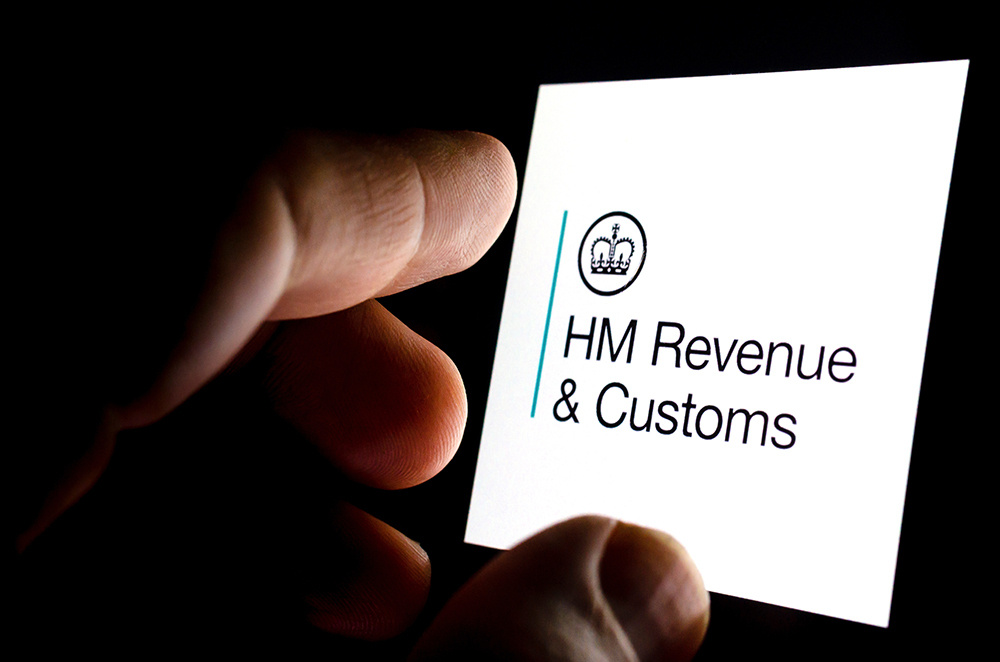14 Aug 2024
What should HMRC's key priorities be under the new government?

It’s no secret that HMRC has fallen under a lot of scrutiny of late, due to policy changes and long waiting lists – with certain periods showing delays of up to nine months to resolve certain matters. As a result, many are hopeful that a change in government, will usher in reforms to the system, as well as investment that will help HMRC to clear the backlog.
Labour has pledged to make improvements, many of which are aimed at closing the ‘tax gap’ – the £36bn difference between what HMRC should be collecting on paper, and what it actually does – a figure which has never been greater.
But many have also been calling for a renewed focus on customer service and increased staffing. This was the intention behind the joint letter sent to the Chancellor ahead of the Spring Statement in 2023 in which AAT and nine other UK professional bodies urged the Chancellor to prioritise investment in HMRC’s service levels.
We spoke with Steph Hurst, corporate tax consultancy and personal tax compliance director, about what she would like to see from the new government.
What has Labour pledged?
Labour’s manifesto notes their intention to invest around £855m in HMRC, primarily to tackle tax avoidance. The party intends for the investment to be used to increase registration and reporting requirements, strengthen HMRC’s powers, invest in new technology and to renew its focus on large businesses and wealthy people.
What needs to happen to achieve this?
Recruitment and training
In order to meet these aims, some of this investment must be spent on recruitment and training. HMRC phone call waiting times are the longest they have ever been at around 40 minutes on average and actions such as issuing self-assessment refunds or responding to letters can often take months rather than weeks.
Labour’s manifesto promised to recruit and train an additional 5,000 staff to work within HMRC, but this would only represent a less than 10% increase in staffing, so whether this will be enough remains to be seen.
Research & Development (R&D)
We would also like to see some of this investment directed to the R&D unit of HMRC. Labour’s ‘A Partnership for Growth’ expresses its commitment to UK innovation and notes that it will maintain the current structure of R&D tax credits whilst continuing to tackle fraudulent claims.
HMRC has, over the last year, changed the way in which they conduct R&D enquiries, and the industry has seen a significant rise in HMRC activity. However, HMRC’s approach falls very short of the service levels we should expect. Communicating with the R&D unit is very challenging, and businesses are, in certain circumstances, waiting more than six months for a written response.
As a direct result of HMRC’s conduct in this area, some small businesses are reconsidering whether or not it is viable to continue with their innovation projects and have been exploring alternative funding and revenue options. Instead of encouraging UK innovation, HMRC appears to be actively discouraging genuine claimants. If Labour wants to successfully maintain and encourage UK innovation, significant changes will need to be made in this area.
Embracing new technology
As well as increased staffing, we also hope to see steps towards digitisation and embracing new technology such as AI to improve the efficiency of the system, in terms of compliance and customer service. The UK is falling behind other countries in terms of the range of data that is automatically provided within tax returns through pre-population. Therefore, we are hoping to see a greater focus on modernisation in the coming months.
If you are experiencing difficulties with HMRC or would like support in navigating the world of taxation and relief, please get in touch today – we would love to hear from you.
Stephanie Hurst